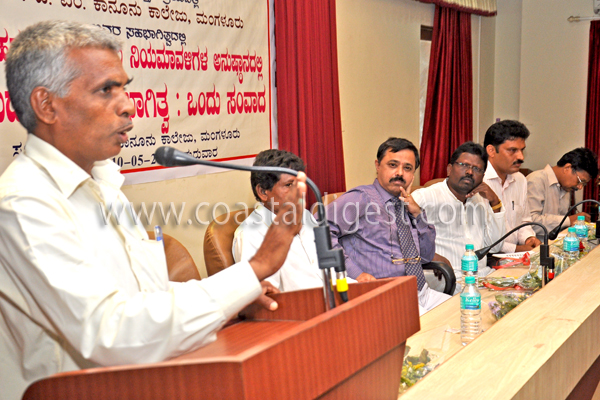
Mangalore, May 11: The right to education should not be restricted to children between the age group of six and 14 as mentioned in the act, said P Lolaksha, working president of Ahinda, an organization of backward, minority and dalits.
He was speaking at a consultation programme on the Right to Education Act 2009 organised at SDM College here on Thursday.
Federation of Education Resource Centres ( FERC), Federation of School Development and Monitoring Committees (FSDMC), Campaign Against Child Labour - Karnataka ( CACL-K) and members of various like-minded organizations took part in the programme.
Mr Lolaksha said all poor and underprivileged students should be able to pursue higher education. The present social and economic environment does not allow poor students to pursue higher education. As per the Juvenile Justice Act, upto 18 years all are considered as children.
“The government needs to amend rules as to bring children below 18 years to the purview of the act," he said.
Even though the act came into force in 2009, it took three years for the state government to notify rules based on it, he lamented.
"A section of the society, which enjoy all privileges, are behind the delay in the implementation of RTE Act. Though there are many conditions in the act, only the part which mandates 25 per cent seats for poor, has been made a subject of debate across the nation," he added.
FERC president Umesh Nirmal said that children in rural areas are forced to work to earn money for their education during vacation. "It is unfortunate that as per the records there is no child labour in the state. Participation of society is important in creating awareness against child labour," Nirmal added.
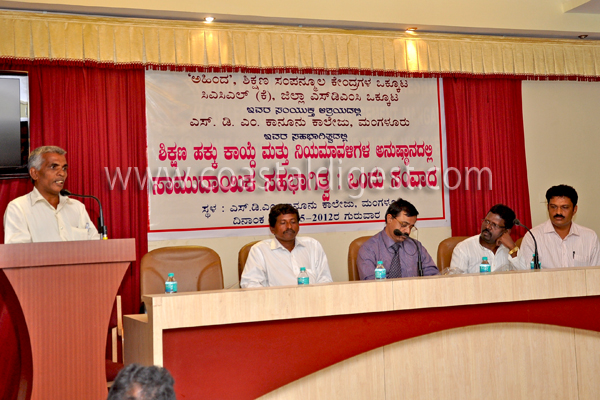
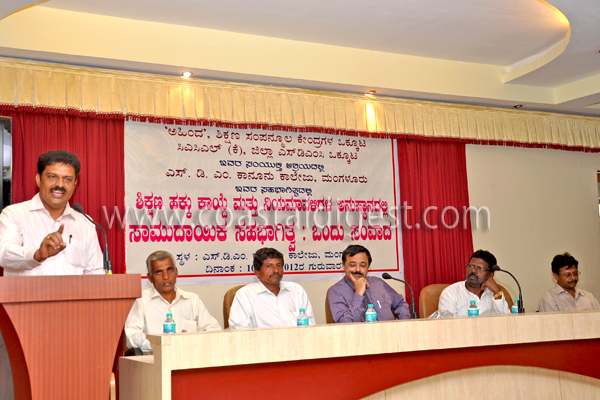
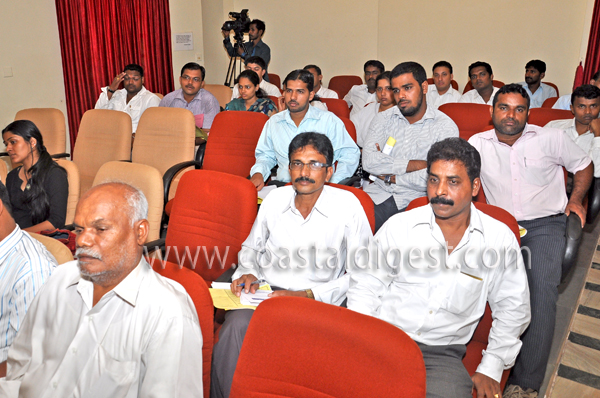
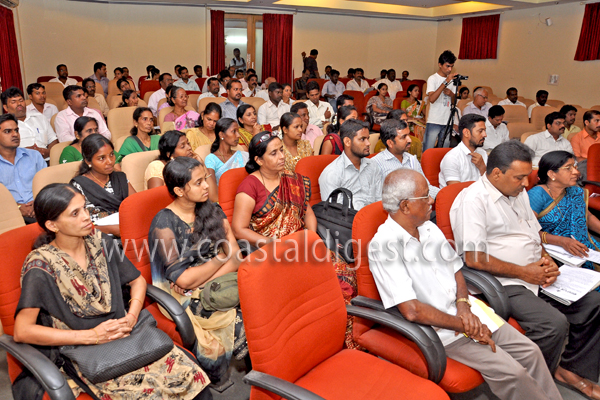
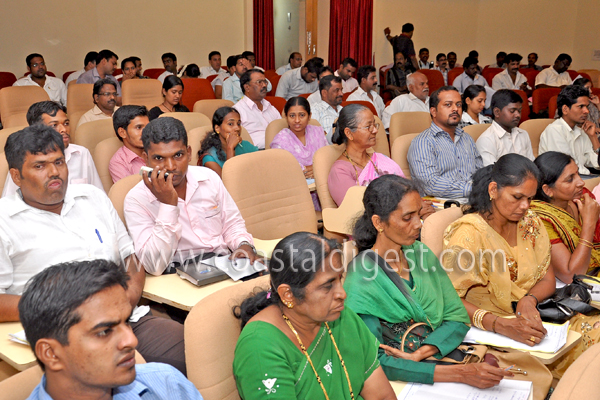





Comments
Add new comment